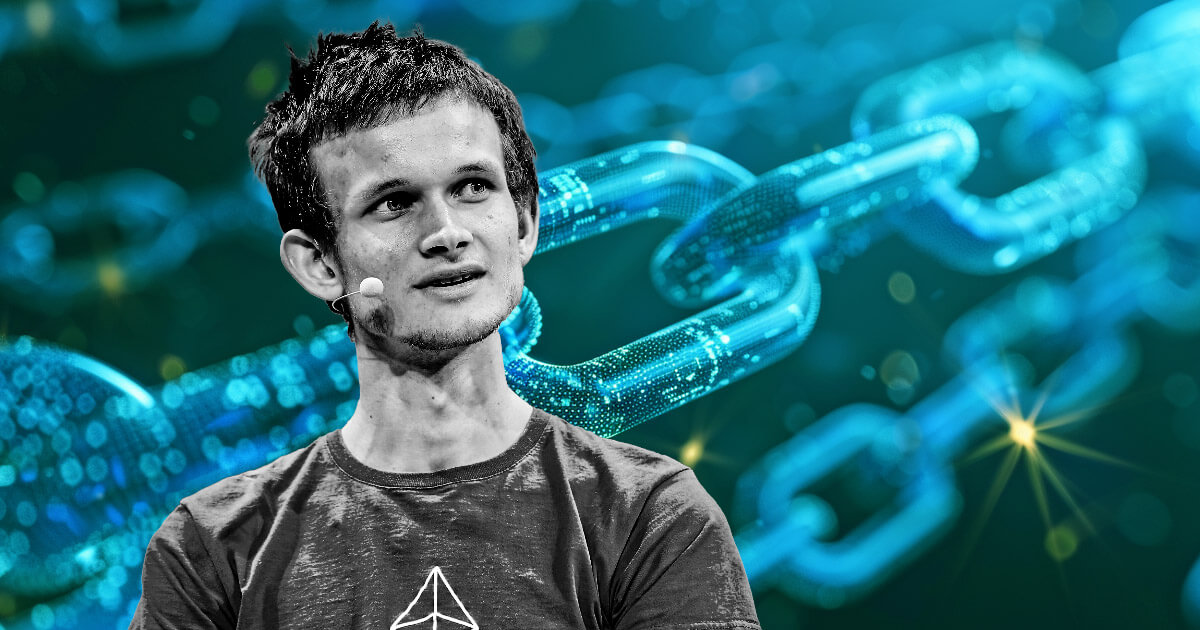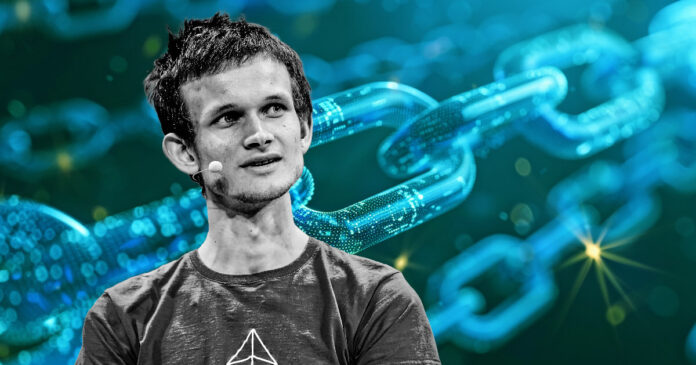
The most recent episode of the Bankless podcast mentioned the potential advantages of authoritarian regimes within the twenty first century. The argument relies on the concept the Chinese language and Russian governments are devoting vital sources to selling their narratives, whereas the US authorities is taking a lax method.
Within the episode, hosts Ryan Sean Adams and David Hoffman delve into whether or not authoritarianism might overcome liberal democracies, with insights from economist Noah Smith and Ethereum co-founder Vitalik Buterin.
The effectiveness of authoritarian regimes as a risk to liberalism
Smith argues that liberal democracy was hailed because the optimum social mannequin within the late twentieth century, epitomized by Francis Fukuyama's “Finish of Historical past” thesis. Nonetheless, current developments name this triumphalism into query. The rise of China, perceived weaknesses within the US, and the transformative impression of the Web are central to this reassessment.
The function of the Web is essential. Smith argues that liberal democracies have traditionally excelled at gathering data by way of markets, elections, and public discourse. Nonetheless, the Web's means to centralize huge quantities of information doubtlessly reduces this benefit. Authoritarian states can now use this information to gauge public sentiment, allocate sources extra effectively, and reply shortly to unrest, as evidenced by China's speedy coverage modifications following the “2022 White Paper Protests.”
As well as, the Web promotes data anarchy, which facilitates the unfold of misinformation. This situation complicates governance in liberal democracies, the place politicians spend appreciable time preventing false narratives and fundraising, which distracts from efficient governance.
Buterin expands on this, evaluating the knowledge panorama to Thomas Hobbes's idea of a “struggle of all towards all,” the place monopolistic management over narratives can emerge as the one secure equilibrium. This metaphor highlights the potential for authoritarian regimes to harness the Web's capability for information aggregation and rework a device supposed for liberal empowerment into one which reinforces centralized management.
Counter-arguments to the effectiveness of authoritarian regimes
Smith and Buterin then discover the counterarguments. Smith attracts a parallel with the printing press, which lowered the price of data and led to elevated liberalism and social fragmentation moderately than authoritarian dominance. He asks why the Web wouldn't observe an analogous trajectory.
Nonetheless, Smith explains that in the present day's state of affairs includes non-linearities. Initially, the discount of data prices by way of applied sciences such because the printing press and the telegraph supported liberal democracies by enhancing the aggregation of data. As these prices approached zero, the advantages stagnated, whereas the prices of disinformation and data warfare grew exponentially.
Buterin provides that centralized techniques usually excel at mining moderately than manufacturing, doubtlessly outperforming extra liberal techniques in zero-sum conflicts. He factors out that defining success solely by financial efficiency might overlook the broader implications for human flourishing.
Buterin then displays on the basic variations between the digital world and the bodily one, particularly in the case of protection mechanisms. Digital defenses similar to encryption and decentralized platforms supply strong safety with out bodily analogues, suggesting an inherent resistance to whole management within the digital realm.
As well as, Buterin notes that the fragmentation of the Web into smaller, extra specialised communities might mitigate the damaging results of data warfare. These fragmented areas usually preserve the next high quality of discourse in comparison with giant chaotic platforms similar to Twitter.
Buterin acknowledged,
“Twitter is the worst factor you see, and it's the worst since you see it proper when you consider non-public group chats, for instance.
Personal group chats persistently preserve the next stage of high quality and a excessive stage of productive discourse on smaller social media platforms, whether or not it's Farcaster or no matter, the place they preserve the next stage of discourse.”
He then pointed to a 2022 paper by Smith that mentioned how the web needs to be fragmented.
Smith acknowledges this level and agrees that decreasing reliance on broad, contentious platforms might cut back the social prices related to data tournaments and permit for extra constructive and centered discussions in smaller, extra cohesive teams.
Regardless of these reassurances, Smith raises issues concerning the world attain of authoritarian affect, significantly by way of sharp energy techniques. It highlights how China makes use of financial leverage to affect overseas corporations and governments, blurring nationwide boundaries within the digital house. This ongoing cross-border data struggle presents a singular problem totally different from conventional bodily conflicts.
How blockchain might save democracy
Throughout the dialogue, Noah Smith raised the query of whether or not blockchain expertise might allow safe communication between residents in authoritarian states similar to China and Russia. He’s focused on whether or not there are methods for folks to talk freely and anonymously about political points, bypassing authorities surveillance and censorship.
Vitalik Buterin responds by highlighting the work of Rarimo, primarily based in Kyiv. It has developed a device referred to as the “Freedom Instrument” that makes use of zero-knowledge proof expertise that enables Russian residents to show their citizenship and take part in on-line voting with out revealing their identification.
This technique ensures that the outcomes are tamper-proof and visual, making a type of nameless, censorship-resistant voting. Buterin sees this for instance of how blockchain and zero-knowledge proofs can present each privateness and belief, doubtlessly making a safer and resilient infosphere towards each centralized and decentralized cyberattacks.
Buterin acknowledges that whereas blockchain expertise will not be essential for Individuals to speak, it may very well be important for folks in authoritarian states to have safe and personal conversations about their political state of affairs. This technological functionality might assist foster inner dissent and democratization efforts inside these regimes by offering a secure house for dialogue and group.
Smith appreciates this attitude and sees potential in creating instruments to make the Web extra conducive to pluralism, the place a number of teams can work together in productive methods. The objective is to not play cat-and-mouse video games with repressive regimes, however to create strong techniques that assist wholesome data ecosystems and permit various voices to be heard with out worry of retribution.
In conclusion, blockchain expertise, with its means to supply safe, nameless communication and verifiable voting mechanisms, provides promising avenues for supporting democratic actions and defending freedoms in authoritarian contexts.
By harnessing these applied sciences, it might be potential to counter a number of the disadvantages liberal democracy faces within the digital age and be sure that democracy can proceed to thrive in difficult environments.
Lastly, the dialogue highlights the complexity of predicting long-term outcomes within the face of speedy technological progress. Whereas the potential for authoritarian regimes to take advantage of these applied sciences is appreciable, the inherent adaptability and resilience of liberal democracies shouldn’t be underestimated. The long run stays unsure, formed by the interaction of technological capabilities, political buildings and societal values.
